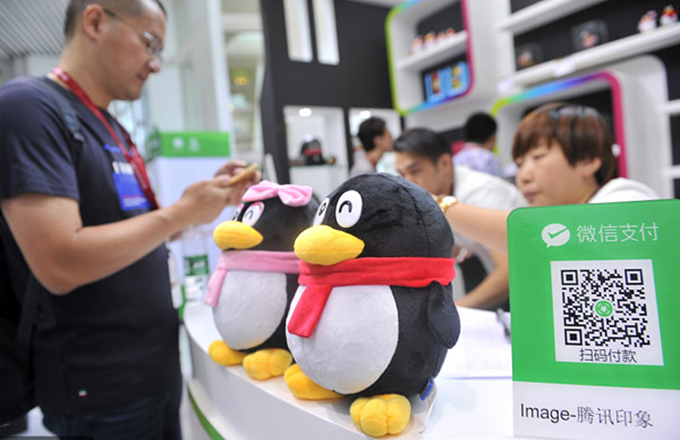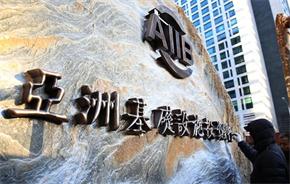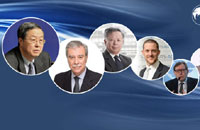China seeks commitment from the European Union
By Fu Jing (China Daily) Updated: 2017-06-06 07:53During China's decades-long engagement on the global stage, the ruling rhetoric from the West is that Beijing is welcomed because of its growing economic clout. But the condition is that it should not only shoulder its due share of global responsibility but also obey international rules and commitments.
In the dynamically evolving multilateral world, such conditions equally apply to the West itself. The United States' withdrawal from the Paris Climate Change Agreement has highlighted the necessity of such a call.
But the European Union is not an exception when talking about responding to global rules.
Events during the China-EU leaders' meeting on June 1-2 in Brussels showcased China's timely wake-up reminder for the West: with growing damages brought by so-called reverse globalization, obeying the established rules and sticking to commitments already made are key to defending global stability.
On Thursday night, when visiting Premier Li Keqiang had an informal dinner discussion with European Council President Donald Tusk and European Commission President Jean-Claude Juncker to set tone for the next day's meeting, they debated EU commitment to the World Trade Organization rules and disruption caused by US withdrawal from the Paris Climate Change Agreement.
Roughly the same time after their dinner European time, President Donald Trump announced his country will pull out of the hard-won global climate deal governing the earth's carbon emission in the years after 2020.
The explosive topic, together with other heavy agenda items on bilateral and international affairs, meant the meeting between Li and European leaders lasted for three more hours on Friday. At the press conference, Tusk labelled it the most "promising, fruitful" meeting since 1998 when the first was held.
Checking the results announced by both sides, Tusk's conclusion made sense, although a lot of obvious differences between China and the EU remain. Both sides have shown tremendous determination to deepen and explore cooperation, ranging from anti-terrorism, education, investment, 5G technology to tourism.
Though there wasn't a joint declaration, China and the EU strongly pledged to honor their climate commitment in spite of Trump's backtracking from Barack Obama's pledges to cope with global warming.
Politicians, opinion leaders and businesses within the European Union have strongly condemned Trump's decision to quit the widely-accepted global consensus on climate.
Many had even said such consensus achieved in 2015 showed timely global solidarity, indicating the global players still have courage to compromise over a collective deal.
So it is understandable if the rest of the world decried Trump's short-sighted wrong decision.
Of course, this is not the first time the United States has done this. It did not ratify the Kyoto Protocol, the first milestone climate agreement signed within a United Nations framework.
Apart from climate agreements, the United States has not yet honored its commitment made when China joined the World Trade Organization more than 15 years ago.
During his visit to Germany, Belgium and the European Union headquarters from Wednesday to Friday, Li repeatedly requested the European politicians to keep their promises over WTO protocols instead of the EU calculating the anti-dumping tariffs of China's exports to the EU, the cost standards in China should be considered.
That was the due commitment the European Union made when China joined the World Trade Organization in the beginning of this century. Sadly, most of the Western powers had not lived up to it though up to 100 countries worldwide had already delivered.
The EU has a very close economic and trade interdependency with China, and it has long advocated rule-based free trade. China wants the EU to set an example by meaning what it said.
Certainly, China is defending its own interests. But China's insistence has gone far beyond its own interests. This is because if the EU delivers its commitment, the message is clear: in a fragile world, the EU is firmly on course to obey the global rules.
This would be concrete evidence of fighting against the reverse of globalization, which will show that the EU differs from the US.
The author is deputy chief of China Daily European Bureau. fujing@chinadaily.com.cn

Last weekend, I was hanging out downtown with a friend and my sister. We were walking through a public spare when all of a sudden a heated argument between a student and a middle-aged woman arrested our attention.











